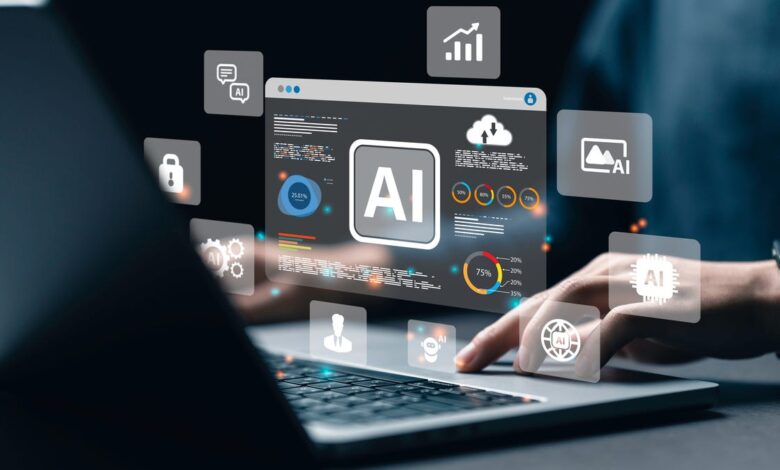Amazon, GM, and more top companies for AI training

Less than half of U.S. companies are taking steps to train their employees to use generative artificial intelligence—which has been hailed the most disruptive technology since the advent of the internet—according to a new report.
LinkedIn’s 2024 “Top Companies” list, released Tuesday, ranked the top 10 companies “leading the way with AI adoption and employee education, offering tools and reskilling opportunities to supercharge their workforce’s generative AI capabilities.” Companies including Moderna, Verizon, and Bank of America made the list for their efforts in creating AI literacy, with some expanding those efforts to the workforce at large.
Perhaps the most striking such initiative is Amazon’s program, Amazon AI Ready. While JPMorgan ranked first on the list due to its establishment of internal AI efforts and an AI training facility for students at Carnegie Mellon University, Amazon AI Ready is broader in scale, with a commitment to training 2 million people across the globe to better understand generative artificial intelligence by 2025.
Of course, Amazon has its own motives for this training: The tech giant is competing with rivals Google, Meta, Microsoft, Apple, and others to develop leading generative AI technologies amid an AI talent shortage.
When it comes to their own employees, Verizon and Moderna provide on-the-job AI training for workers. Northrop Grumman, an aerospace and defense technology company, provides AI training courses to every employee.
“Providing skill and career development opportunities isn’t just a ‘perk’—it’s a business need, a powerful retention strategy, and key to ensuring employees have the right skills for their roles,” LinkedIn said in a previous report.
Economists and academic experts at various institutions have warned that employees who don’t adapt to changing technology could lose their jobs to automation. Still, others say those fears are overblown, since AI is in a hype phase, meaning the technology will take a lot longer to implement than pop culture expects.
Aaron Benanov, a sociologist and economic historian who teaches at Syracuse University, told Indeed in a separate report released Tuesday that he’s “very skeptical of Silicon Valley boosterism—it’s really hard for robots to do a lot of this work.” In other words, the hype from Big Tech companies is overblown.
But, he contended, “this technology is going to change work—in some ways for the better, and in some ways for worse.”



